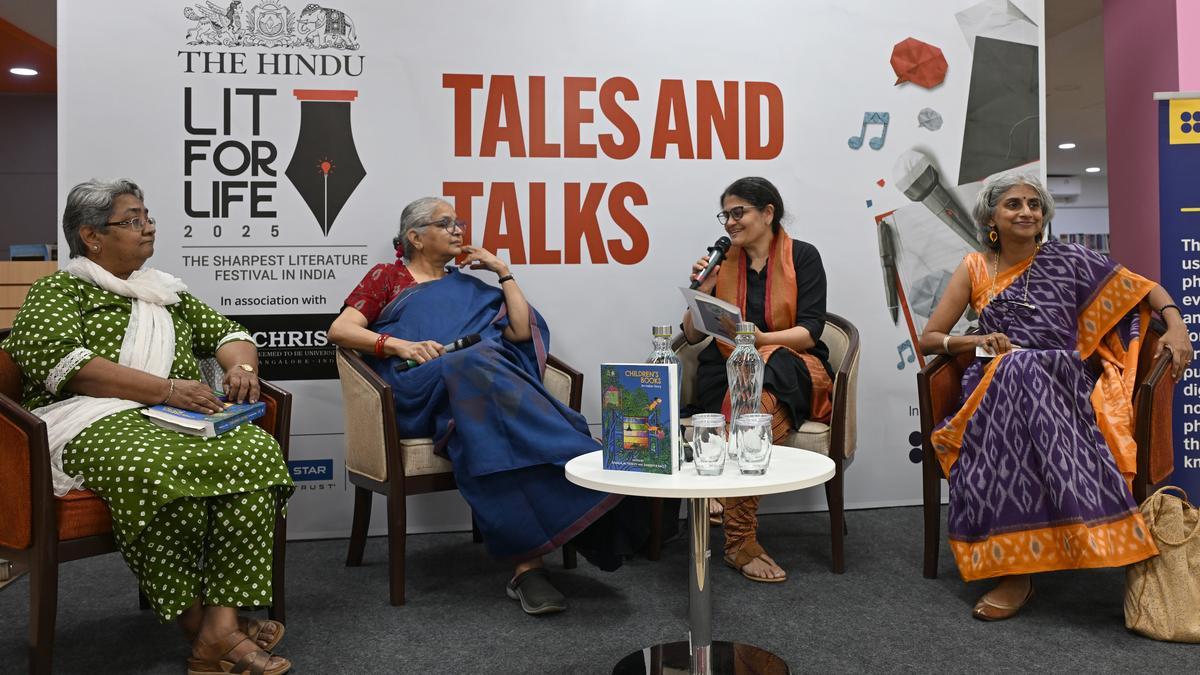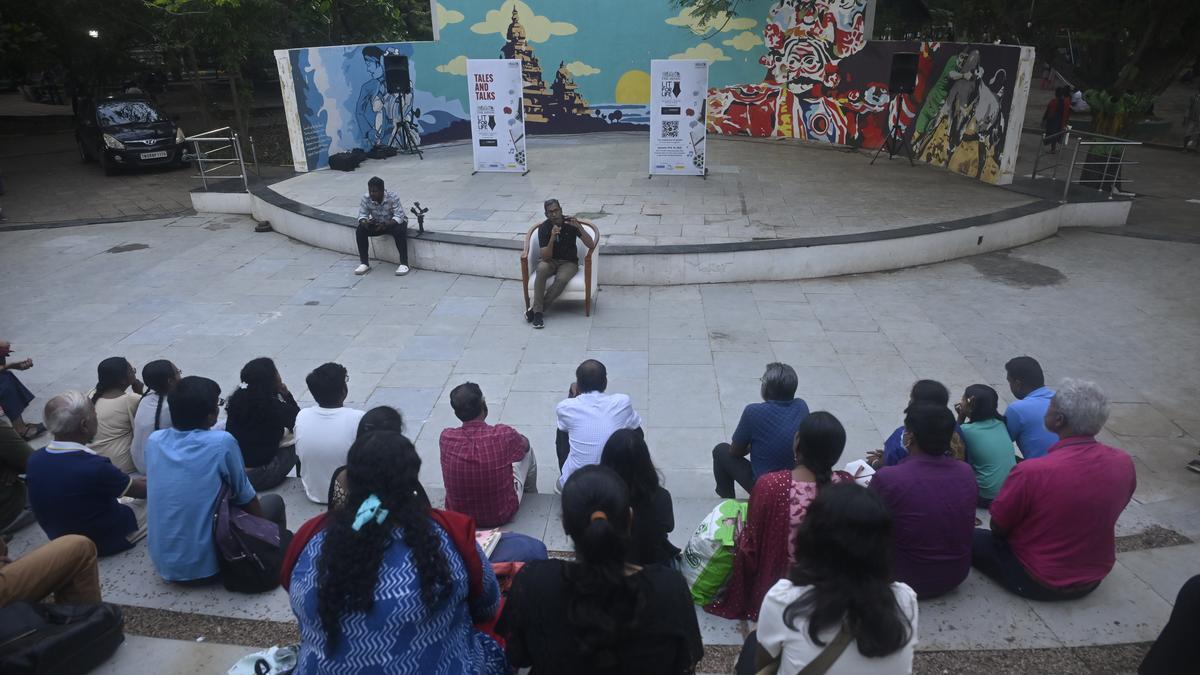
Renowned filmmaker Mahesh Bhatt recently found himself on a path of discovery and enlightenment as he embarked on a project close to his heart: hosting the new talk show “Pehchaan” on SonyLIV. Through twelve engaging episodes, Bhatt converses with prominent members of the Sikh community, unveiling the profound impact of their faith and practice of seva—selfless service—on their lives and the lives of others.
For Bhatt, who claims not to be religious but has always held a fascination for Guru Nanak Dev and his teachings, “Pehchaan” was not just another show but a portal into the world of spirituality and action. “One day, Vinay [Bhardwaj], my protégé, came to me with this stunning idea of putting me face-to-face with these eminent Sikhs,” Bhatt recounts the origins of the show.
During each episode, Bhatt reveals a tapestry woven with personal stories, struggles, and successes of Sikhs who adopt their religion not just as a set of rituals but as a guiding philosophy for life. “When I spoke to them, they left me staggered by what they have gone through and the concept of seva,” Bhatt admits, declaring these interactions among his most moving experiences.
This is not the first time Bhatt has dug deep into sensitive and cerebral topics. Known for his sharp directing skills, he is equally recognized for his ability to engage in articulate and intelligent conversations. When reflecting on the current climate of fear among artists who hesitate to express themselves, fearing public backlash or trolling, Bhatt narrows down the root cause to the need for acceptance. He illustratively shares a conversation with veteran actor Dharmendra, who once remarked, “It’s a weird world today, where people want to be seen as good, but don’t want to be good.”
Pehchaan delves into this contrast between appearances and genuine virtue. As a seasoned storyteller, Bhatt appreciates the rich narrative of seva and its transformative power. Sikhs on the show share stories ranging from philanthropy and community service to personal sacrifices made in the name of faith. They exemplify Guru Nanak Dev’s teachings of serving humanity without expectation of reward.
The show’s guests aren’t chosen for their celebrity status but for their embodiment of seva. Entrepreneurs, educators, social activists, and everyday heroes discuss how their Sikh values drive their decisions and shape their worldviews. Bhatt ensures the conversations stay genuine, dissecting both triumphs and tribulations, providing a nuanced perspective often missing from mainstream discourse on religious practices.
In a world where sensationalism often trumps substance, “Pehchaan” challenges the status quo by offering deep, meaningful exchanges that illuminate the core principles of Sikhism and, more broadly, of humanity. Bhatt, the interviewer, transforms into Bhatt, the student, as he learns from each interaction, often being visibly moved by the dedication and humility of his guests.
What stands out in “Pehchaan” is not merely the exploration of seva as a concept but its practical application. The show offers a glimpse into the compassionate and relentless efforts individuals take to better their communities, redefining success in terms of impact rather than material gain. This approach seeks to inspire viewers to reflect on their own values and actions in a fast-paced world that often forgets the power of compassion and service.
The show serves as a reminder of the enduring teachings of Sikhism and Guru Nanak Dev’s vision. By revealing the personal journeys of people who have fully integrated these teachings into their lives, Mahesh Bhatt and Pehchaan carve out a space for introspection and understanding, creating a ripple effect that echoes beyond the screen into the hearts and minds of its audience.
“Pehchaan” is a testament to Bhatt’s commitment to pushing the boundaries of what a talk show can achieve. It’s a forum that not only sheds light on the importance of seva but also elevates the conversation to a platform where religion, philosophy, and humanity intersect, prompting a transformative dialogue—a true pehchaan (recognition) of self and service.










